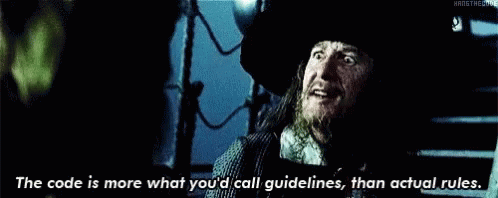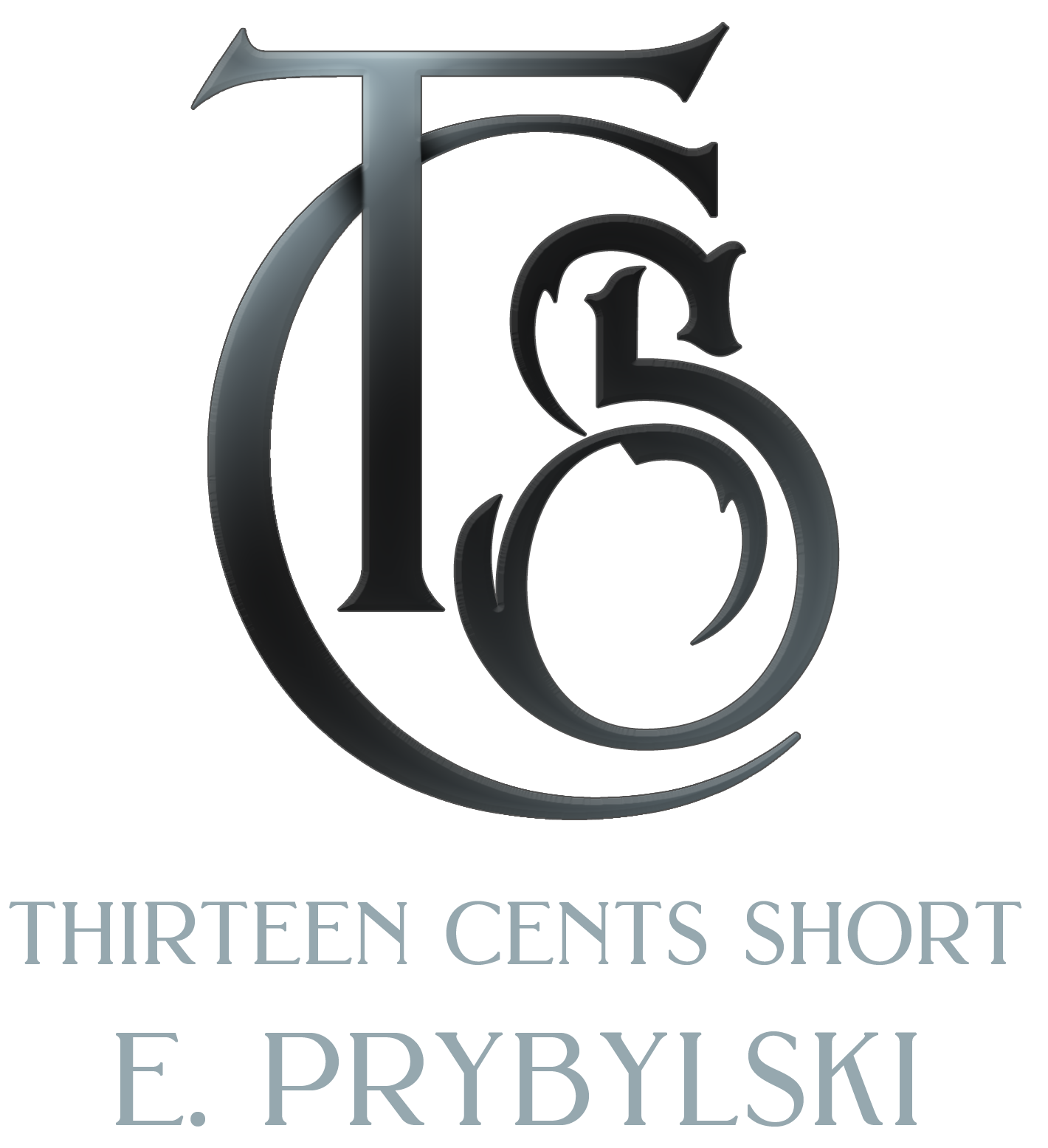This has been coming up more and more lately in my life and in the circles of authors I frequent. People think their first draft has to be perfect, and when it isn’t, they stress out and either rewrite the first chapter about a million times or never get beyond the idea stage. That pain and that stress comes from one specific source: the belief that their book needs to be perfect in order to be readable.
Now, for the first part of this discussion, I want to get into what perfection really is. First, let’s think about the following question: what is perfection?
If we’re talking mathematics, we can measure perfection (a perfect circle, for example). In quantifiable, specific, measurable things, we can designate a specific thing as “perfect.” However, real life is messier than that. A “perfect” loaf of bread will not look the same every single time, even if it does taste just as good as the rest. So what’s our metric? Are we judging books on technical perfection? If so, we need to decide which style guide is our criteria because punctuation is sort of like the pirate code: more like guidelines than actual rules.

If we’re not going to judge exclusively by technical perfection under a single style guide with exact rules, then what’s perfection? Or is “good” good enough? Is it enough that a book made me feel something or took me on a journey through an interesting world with characters I loved? Is it enough that it made me think or reevaluate my world view? Is it enough that I connected with elements of the story and found it cathartic?
Judging art by standards of perfection is difficult because, at its core, storytelling is a personal experience. What will be a profound story and narrative to one person might fall flat to another due to different lived experience. Does that innately make the book not as good? Or are we trying to create a metric that shouldn’t exist for the purpose of trying to stick everyone in boxes like society is so fond of doing?
It’s true that a finished product should be as good as we can get it, but remember: perfect is the enemy of good. No book is perfect. None. I could go and pick up a Stephen King book at Barnes and Noble and find typos or punctuation errors. I’ve seen bigger errors where a character puts something down twice in a scene without picking it up, too. Things like that are inevitable (like Thanos). Our goal is to minimize them, but we can’t get rid of them entirely.
That advice goes double for first drafts. The reality is that first drafts are going to suck. They’re not going to come out like you intend; they’re going to be full of spelling errors; and they’re going to have janky plot holes. No matter how much you outline or plan or try and make your first draft perfect, it never will be. In some ways, this frees us from the obligation of perfection the first time.
Expecting perfection of yourself on the first draft is going to crater your ability to move forward. It will leave you rewriting the first chapter a hundred times until you just want to scream and throw things. It will steal your joy at being able to write. And, worst of all, when you’re a beginning writer, it will mean you never actually get the practice you need in order to improve. We so often forget that in order to write a good story, we have to have written bad ones. It’s the same as any art.
I know I harp on this a lot, but I’ve been a violinist for over thirty years. I’m pretty darn good. (Or I was until I had to stop due to a shoulder injury; we’ll see how I am now…) However, when I first started, I wasn’t playing Vivaldi. I was making cat screech noises as I tried to figure out how to put the bow to the strings. Writing is no different. If you expect the first thing you ever really write to be War and Peace, you’re setting yourself up for disappointment. My first “novel” was thirty-five pages long. I was incredibly proud of it, but looking back on it now? Yikes! I wrote it in high school in around 2002.

As you can see, it’s absolutely every bit high school cringe. However, you know what it also is? Finished. The story is garbage, all 20k words of it, but it’s also finished. That immediately puts it a step above all the great story ideas people never put to paper because they can’t face the fact that their first work isn’t going to be War and Peace. Heck, it might not even be Twilight.
Chasing perfection is not a good use of your time. Your first goal should be to get the story out of your head and onto paper (or into pixels, depending on your preferred methods). Once the story is out, then you can go back and edit it until you feel like it’s ready for the next step.
“But E! My story sucks, and nobody would want to read it,” I hear you say. Maybe your story does suck right now. That’s entirely possible. It might be terrible and unpublishable. However, once it’s written, you can change that if you need to. Nobody ever needs to know — that’s the magic of drafts. That first draft never needs to be shown to anybody if you don’t want to share it. Even my husband doesn’t see my very first drafts before I do some limited edits on them. They exist for me and me alone. So let your first draft suck. Let the story be a mess.
A finished mess is superior to a concept you never write.
My first drafts don’t look like my outlines, and neither of them is the same as the end product. At this point in my writing career, my edits are growing lighter, but I’ve been doing this professionally since 2008. I’ve been studying writing since I started taking serious creative writing courses in 2001 in high school. So at this point, I’ve been taking my writing seriously for twenty years. If I wasn’t getting any better at it, it’d be time for a new hobby.
When you are creating art of any kind (music, painting, writing, drawing, handicrafts, or literally any creative endeavor) it’s inevitable that you are going to start out by not being good at it. At all. Heck, when learning a new skill of any kind, we don’t start out very good at it. Have you seen babies trying to learn to walk? I’m still not good at walking, and I’ve been doing it for almost forty years! I regularly fall over my own feet. We have this unfortunate mindset in today’s society (I blame “hustle culture”) that if we aren’t creating something saleable, it’s a waste of time. It doesn’t matter that you might be learning a skill that you might use to create something saleable later, either. If you don’t start at a certain degree of skill, it’s viewed as a waste of time.
Art is never a waste of time.
Even if you, for whatever reason, never publish your stories, or even put them up anywhere for someone else to read, you aren’t wasting your time. Creative pursuits enrich the human soul and our experience. I’m pretty sure the need to create art is one of the defining traits of sapience, though I’m no scientist. And creating just because you feel like it is just as valid as creating because you want to sell it.
The bar for creating something just for the pleasure of creating it isn’t very high. You enjoy the journey and at the end maybe have something to show for it. Even if it’s imperfect, lumpy, badly made, or otherwise not “professional grade.” I’m friends with many crafters, and I’ve been given some lovely gifts that are very imperfect. I treasure those gifts, too. They’re not perfect, but they’re loved, and wonderful, and created with joy and desire to share. Your writing can be exactly the same.
Chasing perfection won’t make words appear on the page, nor will it make dollars appear in your bank account or sales appear on your Amazon dashboard. Good, however? Good is achievable. Enjoyable is enough. Fun can be more than sufficient. You don’t need to write War and Peace. You can write whatever makes your heart sing. Just for the pure joy of creating it. If you’re looking to publish? Well, after you write the first draft, there are going to be steps before you unleash it on the world. I’ve talked a lot abut what those are. But don’t lose your joy for writing by trying to force yourself to create “perfection” the first time.
